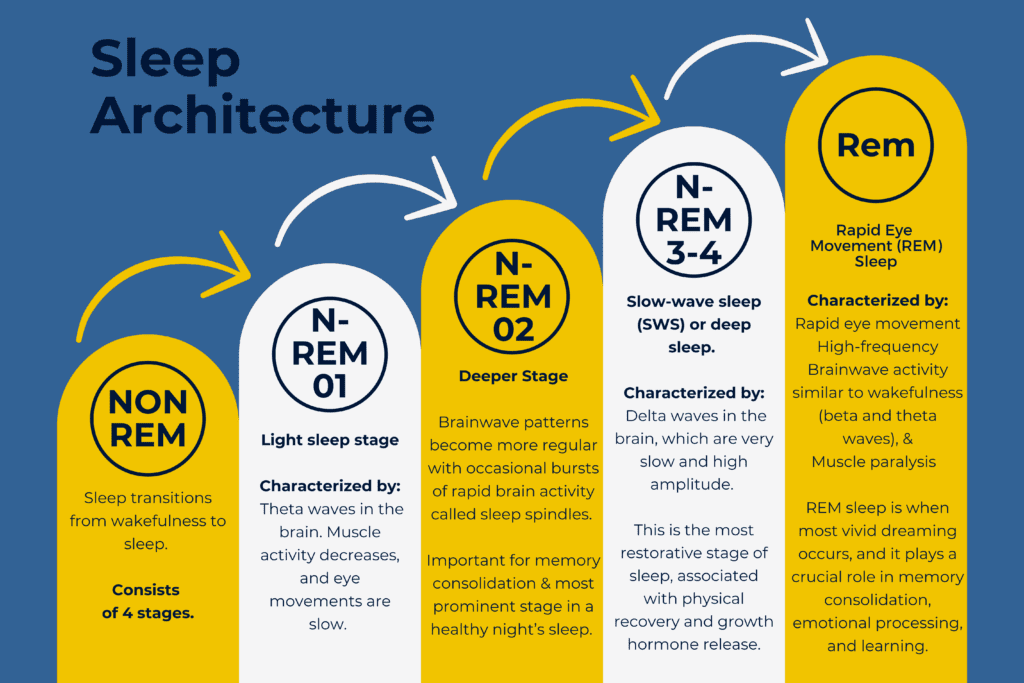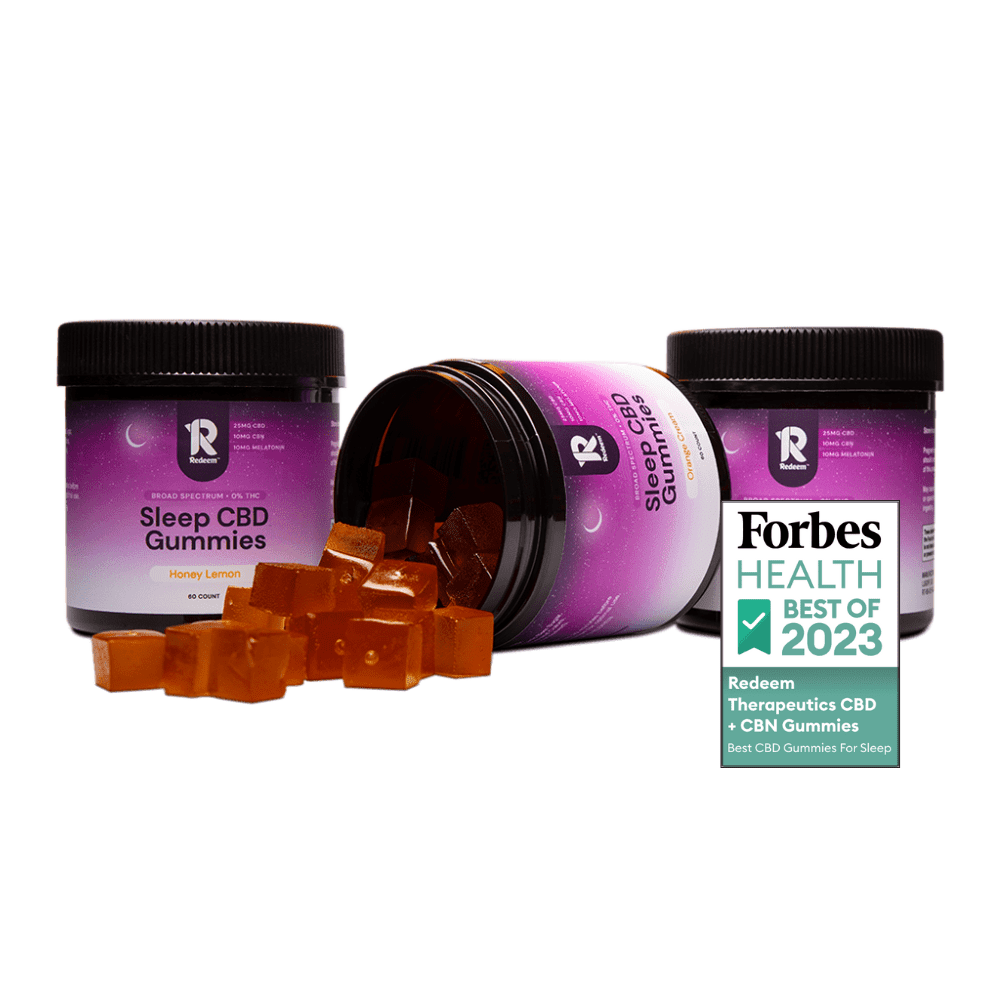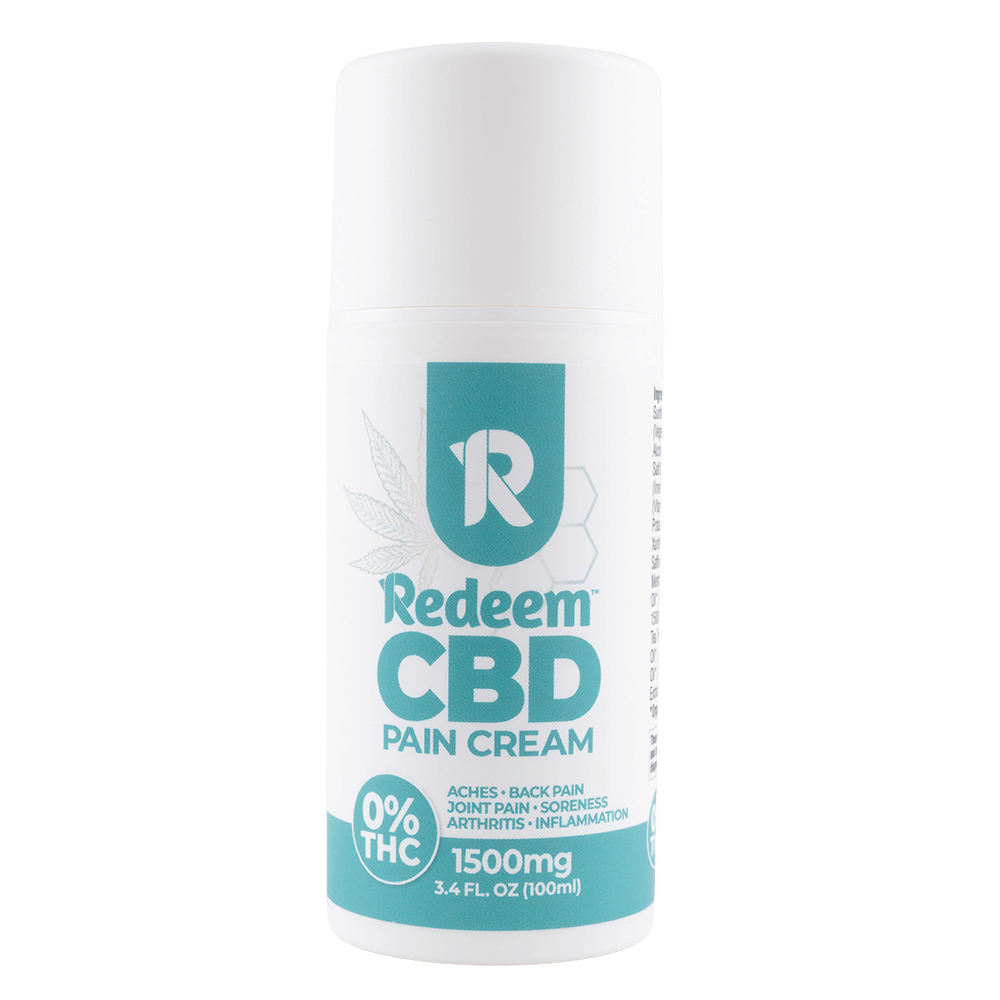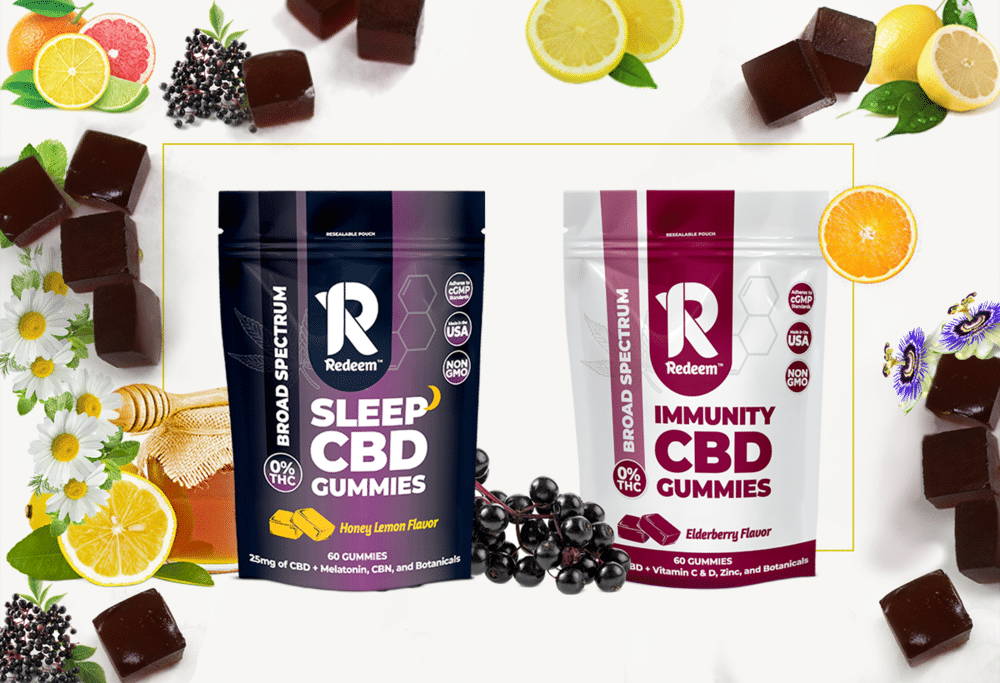Your Cart Details
By Mathew Fairfax | Dec 12, 2023
Quality CBD Gummies for Sleep and Pain
Quality CBD Gummies for Sleep and Pain
By Mathew Fairfax | Dec 12, 2023
Does chronic pain keep you awake at night? Whether it’s lower back pain, knee pain, restless legs, neuropathy, or arthritis, nighttime discomfort can make it nearly impossible to get the restorative sleep your body needs. Consider using CBD gummies for pain as a potential solution.
But it’s not just pain—stress and anxiety caused by ongoing discomfort can make matters worse. The result? A vicious pain-sleep cycle where lack of sleep increases pain sensitivity, leading to even more fatigue, stress, and discomfort the next day. CBD gummies for pain may help alleviate some of these issues.
We’re here to help you break the cycle and regain your energy, focus, and well-being. In this article, we’ll explore:
- Common causes of sleep disturbances due to pain
- How poor sleep affects your ability to function
- How CBD gummies for sleep and pain may offer relief and help restore balance
If pain is robbing you of sleep, it’s time to explore natural solutions that work—like CBD gummies for pain—so you can wake up feeling refreshed, recharged, and ready for the day. Let’s get started!
The Relationship Between Sleep & Pain: How One Affects the Other.
The relationship between sleep and pain is deeply intertwined, impacting everything from energy levels to mental clarity the next day. But how exactly are they connected?
✅ Sleep plays a crucial role in pain regulation. When you don’t get enough rest, your body’s ability to manage pain decreases, making discomfort feel more intense and harder to ignore.
✅ Chronic pain disrupts sleep. Conditions like arthritis, neuropathy, and restless legs make it difficult to fall asleep and often lead to frequent nighttime awakenings.
✅ This creates a vicious cycle. Poor sleep amplifies pain sensitivity, while pain makes it harder to get quality sleep—leaving you exhausted, unfocused, and irritable the next day.
Unfortunately, sleep disturbances due to pain are extremely common:
📌 1 in 5 people report that pain impacts their sleep at least a few nights per week.
📌 2 out of 3 people with chronic pain experience frequent sleep disruptions, making it difficult to get through the night without waking up multiple times.
The consequences of poor sleep due to pain go beyond fatigue—it affects your work performance, ability to be present with family, and enjoyment of daily activities. That’s why addressing both sleep and pain at the same time is essential for overall well-being.
A natural solution, like CBD gummies for sleep and pain, may help break the cycle, offering relief from discomfort while promoting deep, restorative sleep—so you can wake up feeling your best.
The Connection Between Painkillers and Poor Sleep

Many people rely on prescription painkillers—especially opioids like codeine and hydrocodone—to manage chronic pain. While these medications can provide temporary relief, they often come with unintended consequences, particularly when it comes to sleep quality.
- Opioids can worsen insomnia. Instead of promoting restful sleep, these medications may disrupt sleep cycles, leading to fragmented, low-quality rest.
- They can cause dependence and addiction. Long-term use of prescription painkillers can lead to tolerance, meaning higher doses are needed for the same effect—worsening sleep issues over time.
- Opioids affect breathing during sleep. These drugs can interfere with respiratory function, increasing the risk of sleep apnea, a condition where breathing repeatedly stops and starts, leading to nighttime awakenings and poor oxygen flow.
Instead of providing a true solution, painkillers can create a cycle of dependency and sleep disruption, making it harder for people to achieve restorative, deep sleep.
That’s why a comprehensive approach to pain management—one that considers both pain relief and sleep quality—is essential. Natural alternatives, like CBD gummies for sleep and pain, offer a non-habit-forming option that may help ease discomfort and improve sleep without harmful side effects.
How Sleep Deprivation Increases Pain Sensitivity

Lack of sleep doesn’t just leave you feeling exhausted—it can actually make pain feel more intense. Research has shown that sleep deprivation can increase pain sensitivity by up to 120%, making even minor discomfort feel overwhelming.
🛑 A 2019 study published in The Journal of Neuroscience confirmed this connection, revealing that poor sleep reduces pain tolerance, amplifying the body’s perception of pain.
Why Does This Happen?
When you don’t get enough sleep:
🔹 Your pain threshold drops – Your brain struggles to regulate pain signals, making discomfort feel stronger than usual.
🔹 The pain-sleep cycle worsens – The more pain you feel, the harder it becomes to fall and stay asleep.
🔹 Inflammation increases – Sleep deprivation raises inflammation levels, which can worsen chronic pain conditions.
This vicious cycle makes managing pain even harder. That’s why prioritizing sleep is essential for pain relief—and why natural solutions like CBD gummies for sleep and pain may help.
By promoting deeper, more restorative sleep, CBD may support the body’s ability to regulate pain perception, break the pain-sleep cycle, and improve overall well-being.
How Pain Affects Sleep Position and Restful Sleep
Chronic pain doesn’t just make it harder to fall asleep—it also affects how you sleep. Conditions like arthritis, neuropathy, and muscle pain can make finding a comfortable sleep position difficult, leading to restless nights and frequent awakenings.
- Arthritic joints can feel stiff and resistant to movement, making it painful to shift positions.
- Neuropathy can cause tingling or burning sensations, making it difficult to stay still.
- Muscle pain can create tightness and discomfort, forcing frequent position changes.
The Impact on Sleep Quality
Because of these challenges, people experiencing chronic pain often:
- Toss and turn throughout the night, trying to find relief.
- Experience frequent awakenings, preventing deep, restorative sleep.
- Disrupt sleep cycles, leading to poor energy levels and increased pain the next day.
This pain-sleep disruption cycle highlights the importance of effective pain management to improve sleep quality. CBD gummies for sleep and pain may help by relaxing muscles, easing joint discomfort, and promoting deeper rest—allowing you to find a comfortable sleep position and wake up feeling refreshed.
How Pain Disrupts Sleep Architecture and Quality Rest
A good night’s sleep isn’t just about how long you sleep—it’s about how well your sleep cycles function. The structure of sleep, known as sleep architecture, consists of different stages that repeat in cycles throughout the night. When chronic pain interferes with this process, it can prevent your body from getting the deep, restorative rest it needs.

Understanding the Stages of Sleep
Non-REM (NREM) Sleep – The transition from wakefulness to sleep, consisting of:
✔ Stage 1 – Light sleep with decreased muscle activity.
✔ Stage 2 – Deeper sleep, important for memory consolidation.
✔ Stages 3 & 4 – Also known as slow-wave sleep (SWS) or deep sleep, crucial for physical recovery and pain relief.
REM Sleep (Rapid Eye Movement)
✔ Characterized by vivid dreaming, muscle paralysis, and high brain activity.
✔ Essential for memory processing, emotional regulation, and learning.
How Pain Disrupts These Sleep Stages
Chronic pain can:
- Delay deep sleep (SWS), making it harder for the body to repair and recover.
- Interrupt REM sleep, affecting cognitive function and emotional well-being.
- Cause frequent awakenings, preventing sleep cycles from completing naturally.
Since deep sleep and REM sleep are critical for pain relief and healing, disruptions caused by chronic pain create a cycle where poor sleep worsens pain sensitivity the next day.
That’s why CBD gummies for sleep and pain are gaining attention. CBD may support relaxation, reduce discomfort, and improve sleep architecture, helping you progress through the stages of sleep without interruptions—so you wake up feeling rested and ready for the day.
CBD Gummies for Pain and Sleep: A Natural Solution

At Redeem Therapeutics, we believe in providing natural alternatives for those looking to reduce their reliance on prescription sleep and pain medications. While we acknowledge that some medications are medically necessary, we also recognize that many people are searching for effective, plant-based options to support better sleep and pain relief.
That’s why we formulated our CBD Sleep Gummies—a carefully crafted blend designed to help you sleep better, wake up refreshed, and experience less pain throughout the day.
Why Choose Redeem Therapeutics CBD Sleep Gummies?
- Voted One of the Best CBD Gummies for Sleep by Forbes Health
- Enhanced with Powerful Botanicals for Maximum Effectiveness
- Formulated to Promote Deep Sleep & Reduce Pain Sensitivity
Each gummy contains a unique blend of cannabinoids and herbal extracts that work together to support restful sleep and natural pain relief.
Key Ingredients and Their Benefits
✔ CBD (Cannabidiol) – Interacts with the endocannabinoid system to help regulate sleep, pain, and inflammation.
✔ CBN (Cannabinol) – Early studies suggest that CBN may promote relaxation, support sleep, and reduce inflammation-related pain.
✔ Melatonin – Known as the “sleep hormone,” melatonin helps regulate sleep-wake cycles, making it easier to fall and stay asleep.
✔ Passionflower – Naturally modulates GABA receptors, which help calm the brain, reduce anxiety, and support pain relief. Learn more about passionflower here!
✔ Lemon Balm – Commonly used in sleep-support teas, lemon balm enhances relaxation and sleep quality.
✔ Chamomile – Contains anti-inflammatory compounds that may reduce pain and discomfort from conditions like arthritis.
✔ Griffonia Seed Extract (5-HTP) – Helps increase serotonin, which plays a role in pain perception, mood regulation, and melatonin production.
CBD Pain Cream for Targeted Relief & Better Sleep

Struggling with muscle aches, stiff joints, or inflammation that keeps you tossing and turning at night? Our CBD Pain Cream delivers fast-acting relief right where you need it, helping your body relax and prepare for restful sleep.
By targeting pain at the source, this topical formula helps ease discomfort from sore muscles, joint stiffness, and inflammation, so you can unwind and sleep more comfortably.
A Powerful Formula for Fast-Acting Relief
Our CBD Pain Cream is more than just CBD—it’s a carefully crafted blend of botanicals, essential oils, and natural extracts designed to provide fast-acting pain relief while also soothing and protecting your skin.
Key Ingredients & Their Benefits
CBD, Menthol, Capsicum, & Arnica Extract
- Helps reduce inflammation and ease muscle and joint pain
- Supports circulation for faster recovery and relief
- Provides a cooling-warming effect to soothe discomfort
Vitamin C, Aloe Vera, Jojoba, & Tea Tree Oil
- Speeds absorption so relief reaches the affected area faster
- Hydrates and protects the skin
- Contains antioxidants to support skin health
Basil Leaf, Clary Sage, Ginger Root, & Rosemary Essential Oils
- Works to reduce inflammation, stiffness, and pain
- Enhances relaxation and muscle recovery
- Supports blood flow and circulation for lasting relief
At Redeem Therapeutics, we believe the effectiveness of our products comes not only from our high-quality CBD but also from the expert formulation of every ingredient. Each component works together to deliver targeted relief, helping you feel better, move easier, and sleep more comfortably.
Experience the power of expertly formulated relief with Redeem Therapeutics CBD Pain Cream.
CBD for Pain Relief and Restful Sleep Routine
A solid nighttime routine is essential for reducing pain and improving sleep quality. Our CBD Sleep Gummies and CBD Pain Cream work together to help ease nighttime pain and inflammation, allowing you to fall asleep faster and move through all the stages of sleep—so you wake up feeling refreshed and ready for the day.
How to Use CBD for Pain and Sleep
- Take CBD Sleep Gummies or CBD Sleep Tincture – 30 to 45 minutes before bed, take the recommended dose to help relax your body and mind.
- Apply CBD Pain Cream – Right before bed, apply to areas of pain or discomfort to support targeted relief and muscle relaxation.
- Enjoy a restful night’s sleep – Wake up refreshed and restored, without grogginess or a “hungover” feeling in the morning.
Combining these steps with healthy sleep habits can support consistent, high-quality sleep and long-term pain relief. A simple, natural routine can make all the difference in how you feel each day.
CBD Spray for Pain Relief

Our CBD Oil Spray is a convenient, fast-absorbing option for managing lower back pain, joint and muscle pain, and other chronic pain conditions.
When used consistently, CBD may help balance the endocannabinoid system, reducing inflammation and supporting overall pain relief throughout the body.
Redeem Therapeutic’s CBD Spray is combined with our CBD Sleep Gummies in our CBD Spray and Sleep Gummies Bundle. The difference between our pain and sleep bundles is that one includes our CBD pain cream with our CBD sleep gummies and the other includes our daily CBD spray with our CBD Sleep Gummies.

 CBD Gummies
CBD Gummies CBD Oils
CBD Oils CBD Capsules
CBD Capsules CBD Cream
CBD Cream CBD for Pets
CBD for Pets CBD + THC Gummies
CBD + THC Gummies Delta 8 Gummies
Delta 8 Gummies Delta 8 Capsules
Delta 8 Capsules Full Spectrum CBD Oil
Full Spectrum CBD Oil  THC Drops
THC Drops Stress
Stress
